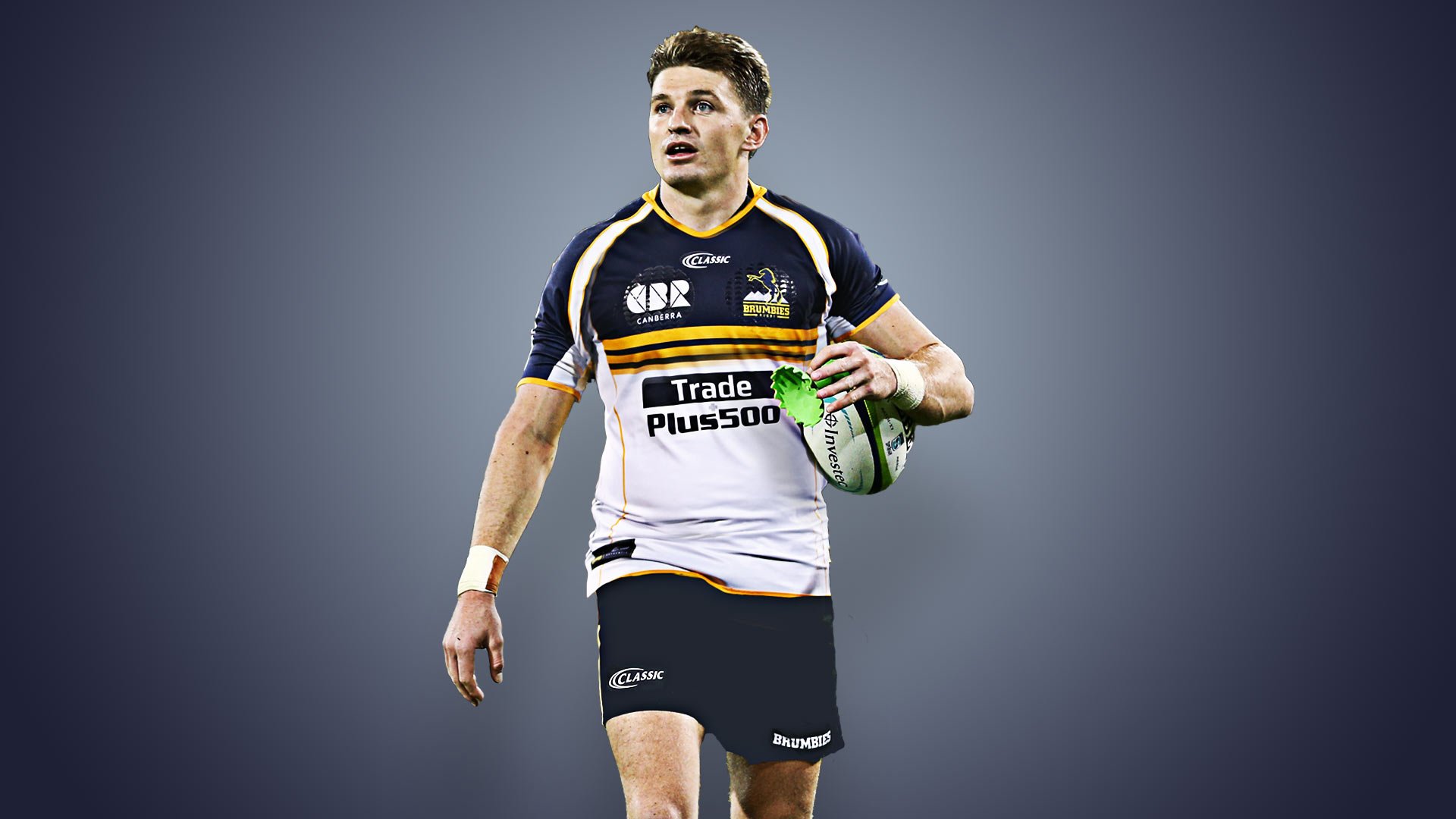Would Kiwi players help Aussie teams?

Former Wallaby Mark Ella has suggested radical changes to Super Rugby that include allowing Australian teams to sign New Zealand players.
“After the Waratahs’ loss to the Blues last Saturday I can’t see an Australian team beating a New Zealand team this season,” Ella said.
“If that happens, we would have gone two years without winning a single game against Kiwi opposition. That is totally unacceptable.
Ella raised some valid points with his suggestion that if the imbalance stretches too far, the competition suffers and as a result, the broadcast rights aren’t worth as much. His proposed solution is an open player market, with each player free to play for any team within the competition.
“If you can’t beat them, sign them.
“Imagine what a difference it would make if the Brumbies signed Beauden Barrett or if the Waratahs recruited Brodie Retallick.
“If players were free to play for any team in the competition, it would help to level out the playing field and make Super Rugby a much better competition.
“Right now it is just a competition between four strong Kiwi sides.”
Whilst his suggestion has some merit – the problem is and has always been rugby is about national interests, not about creating an even professional competition. Super Rugby is window dressed as a league but it is trying to be something it can never be – it’s stuck somewhere in between due to governing interests.
It’s a counterfeit pro league when you compare to the likes of the NFL, NBA that have drafts and free agency to spread the talent around the competition to prevent imbalances of power. This was always going to happen if one country built their system to be stronger.
The second issue would be headline All Blacks like Beauden Barrett and Brodie Retallick wouldn’t leave successful organisations to play for struggling Australian teams. The teams would need to stump up large multiples of their current salaries for them to even consider it, and they don’t have that kind of money.
A free market wouldn’t fix the imbalance now. You would have to wait years and years for the market to swing around. Australian sides would have to sign up and coming talent from New Zealand on overs – with no guarantees they will pan out as professional players without the same level of coaching.
“You would just need one or two key Kiwi players to make the Australian teams competitive again,” he said.
Ella’s belief that just one or two players would shift the balance is deluded. Putting Beauden Barrett on the Brumbies wouldn’t turn the Brumbies into a powerhouse. The team is poor, the coaching is poor and the skill level across the board isn’t there. Barrett would improve the side, but it would be like using two buckets instead of one when trying to empty water from a sinking boat.
Australian teams would be better served signing established New Zealand coaches with credible track records. Dave Rennie, now at Glasgow Warriors or Chris Boyd who is set to join Northampton, would be quality additions that could provide more impact than one or two star players. These two have long records of proven success at Super Rugby level – but convincing them to cross the ditch is another problem all together.
They may not win titles but the players and style of rugby would improve. A long-term turnaround would require handing over control of recruitment and pathway programmes to the head coach, who can then put the right people in to oversee it. Because it’s not just the coaching that needs changing – one of the biggest issues in Australian rugby is the number of people at the top who have been proven incapable – coaches, recruitment managers, executives, boards – yet, for the most part, they still find employment within Australian rugby.
Without falling deeper into Aussie rugby problems, a good place to start would be bringing in an innovative, brilliant coaching mind with a proven track record. It might be surprising what kind of difference it makes.
In other news:

































